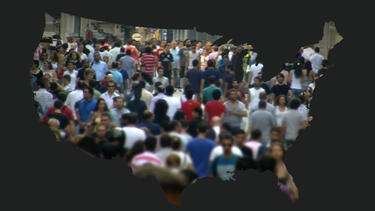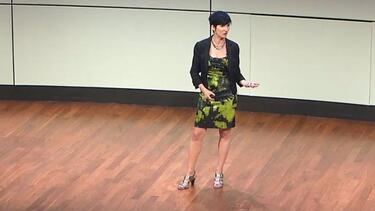Behavioral
Can Holiday Shopping Boycotts Make a Difference?
We asked Yale SOM’s Zoe Chance, an expert on consumer behavior and persuasion, what makes boycotts effective and how companies should respond.

Three Questions: Prof. Michael Kraus on Giving to Charity
We asked Yale SOM’s Michael Kraus, a social psychologist who studies how people work together, what motivates charitable giving—and what factors stop us from giving.

Three Questions: Prof. Zoe Chance on Responses to Sexual Harassment
Women around the world are sharing their experiences with workplace sexual harassment and abuse. Professor Zoë Chance explains the research on the subject and suggests ways that both women and male allies can take action to create lasting change.
Listeners Glean Emotions Better from Voice-Only Communications
A new study suggests that simple phone calls might be sufficient for bringing together far-flung colleagues.
Why Consumers Prefer Products Made by Mistake
New research by Professor Taly Reich and her collaborators suggests that revealing mistakes in designing or manufacturing a product can enhance consumer preference.

How Fair Is American Society?
Americans tend to be overly optimistic about economic equality between white and black citizens, according to a new study by Yale researchers.

Seniors Aren’t Learning to Choose Better Prescription Insurance Plans
Seniors picking prescription plans through Medicare Part D often aren’t choosing the plans that offer the best value.
What Do We Learn from Our Networks?
Yale's Nicholas A. Christakis on how ideas and behaviors spread through networks, and how leaders can shape networks to make their organizations happier and more effective.

Does Taking Photos Make Experiences More Enjoyable?
With the rise of the smartphone, the use of digital photography has exploded—and with it concerns that we are paying more attention to documenting our lives than living them.

How Do We Persuade?
Yale SOM’s Zoë Chance explains how to make the most of our natural ability to influence and persuade others.

Can I Ask You a Question?
We have learned to be skeptical of claims by advertisers. Can a question evade our defenses?
